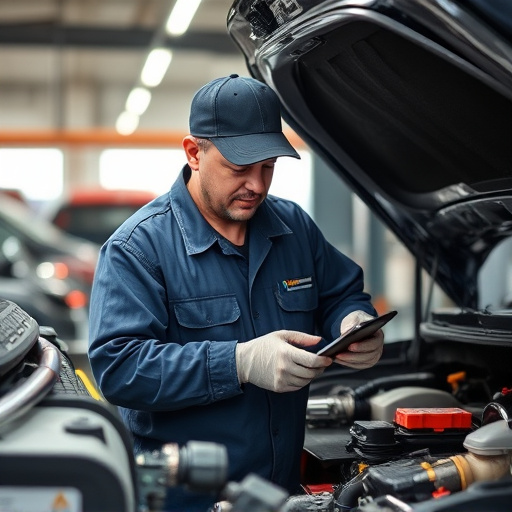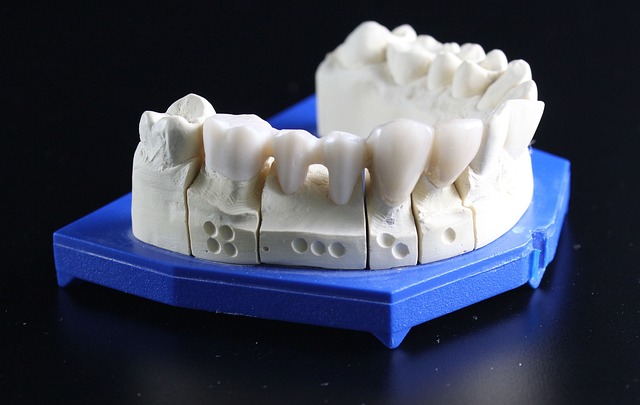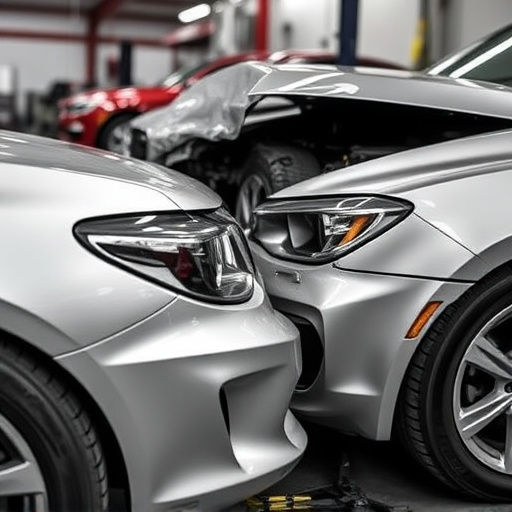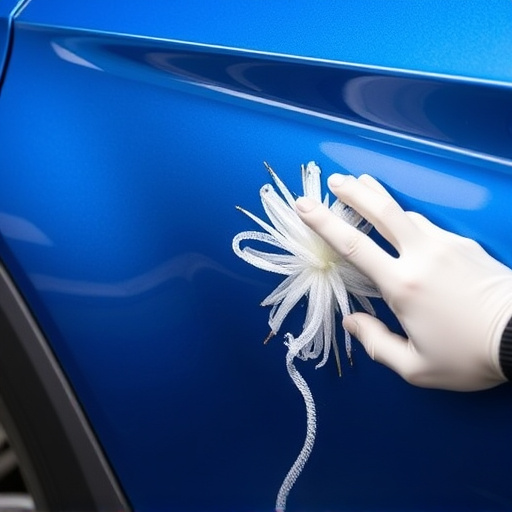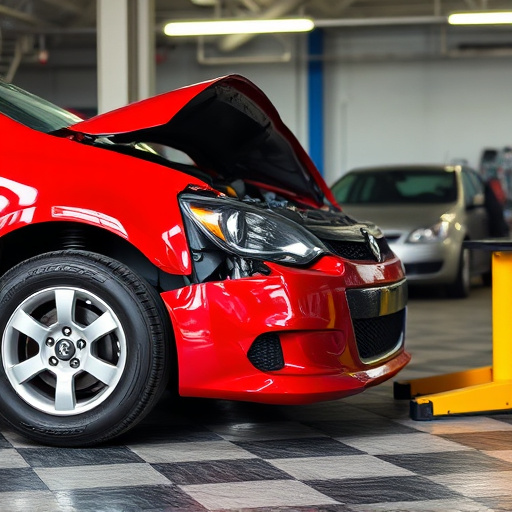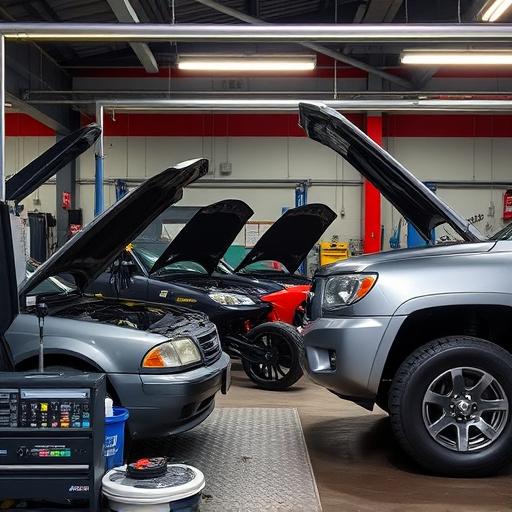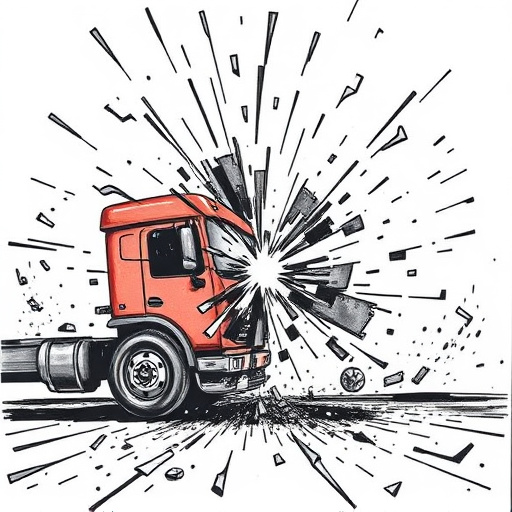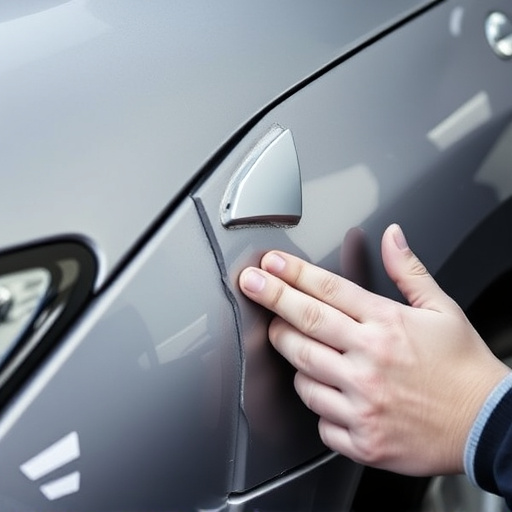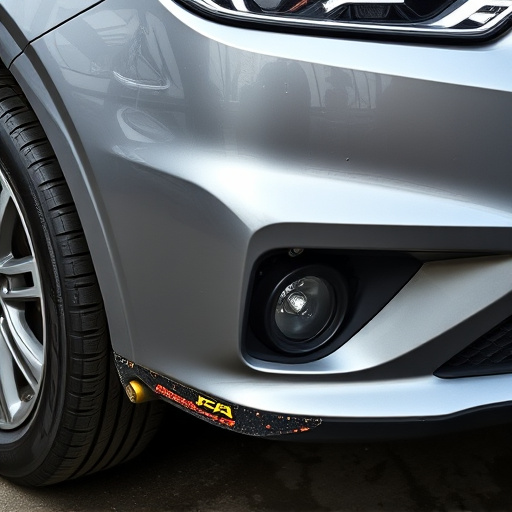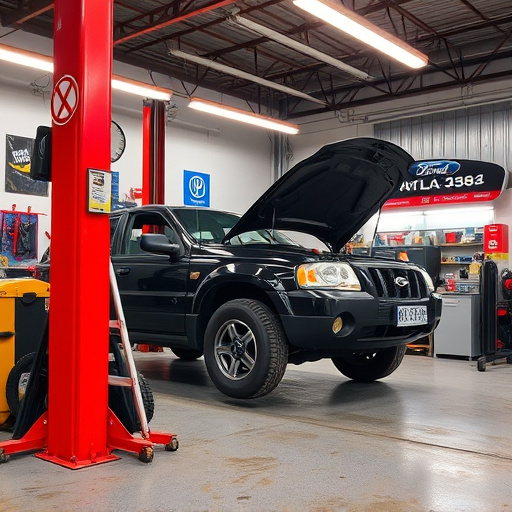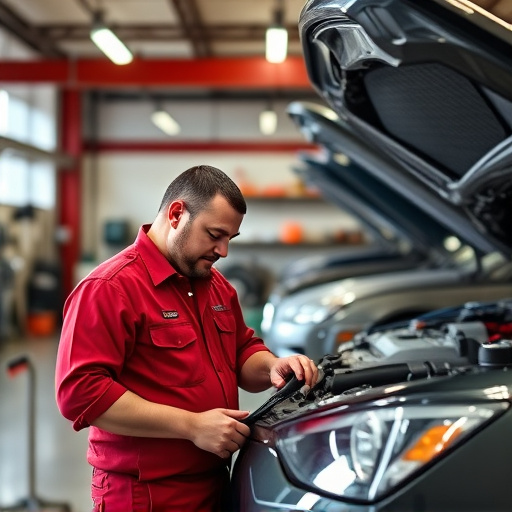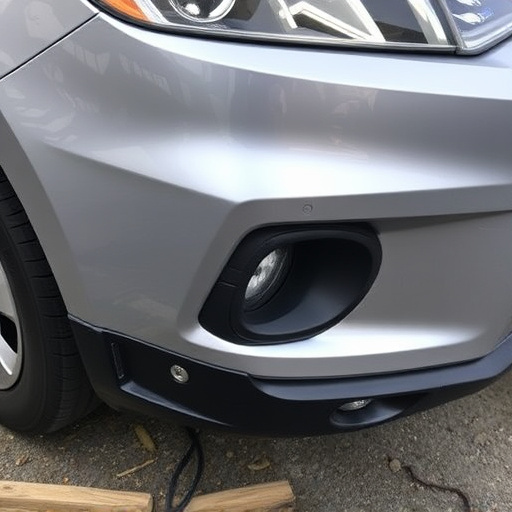Real-time quality control (RTQC) is vital for collision repair certification, ensuring facilities meet highest standards in dent removal and car paint services through tracking key metrics. Regular audits and customer feedback, coupled with RTQC, offer a comprehensive view of shop performance, enabling continuous improvement and maintaining top-tier reputations in the competitive automotive sector.
In today’s competitive automotive industry, real-time quality control (QC) is a game-changer for certified collision repair facilities. This article explores how implementing efficient QC processes can enhance overall facility performance and ensure consistently high-quality repairs. We’ll delve into understanding critical metrics, the significance of collision repair certification, and practical strategies to navigate the intricate landscape of modern vehicle repair standards.
- Understanding Real-Time Quality Control Metrics
- Implementing Efficient QC Processes in Collision Repair
- The Role of Certification in Ensuring Consistent Quality
Understanding Real-Time Quality Control Metrics
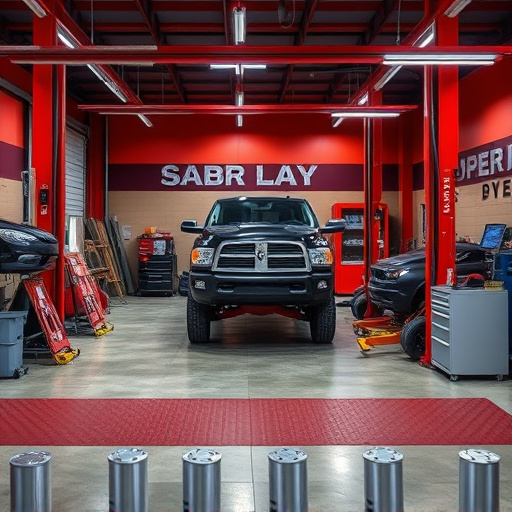
Real-time quality control (RTQC) is a critical aspect of certified collision repair facilities, ensuring that every car that leaves the shop meets the highest standards. This involves tracking and analyzing various metrics that reflect the quality of the repairs conducted. Key RTQC metrics include damage assessment accuracy, repair technique proficiency, and adherence to industry best practices. By continuously monitoring these parameters, collision repair centers can identify areas for improvement and maintain consistent, high-quality car paint services and dent removal procedures.
In the context of collision repair certification, understanding these real-time quality control metrics is essential. They help in gauging the effectiveness of training programs, inspection protocols, and overall shop performance. When combined with regular audits and customer feedback, RTQC data provides a comprehensive view of the facility’s capabilities, enabling them to refine processes and maintain their reputation for top-tier collision repair center services.
Implementing Efficient QC Processes in Collision Repair
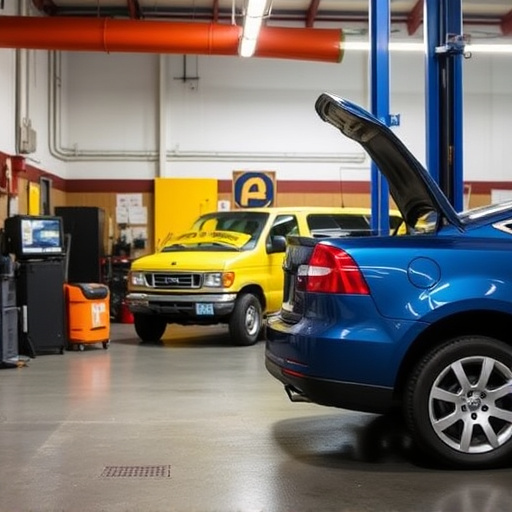
Implementing Efficient QC Processes in Collision Repair is a pivotal step for Certified Collision Repair Facilities aiming to deliver top-tier vehicle dent repair and automotive repair services. By integrating real-time quality control (QC) measures, these facilities can ensure that every car body restoration process adheres to stringent industry standards. This involves establishing clear protocols for inspection, measurement, and documentation at each stage of the collision repair journey.
Efficient QC processes streamline operations, reduce errors, and enhance overall customer satisfaction. It empowers technicians with the necessary tools and training to make accurate assessments, enabling them to identify even subtle imperfections that might go unnoticed. This meticulous approach guarantees that every restored vehicle meets or exceeds expectations, solidifying the facility’s reputation for excellence in collision repair certification.
The Role of Certification in Ensuring Consistent Quality
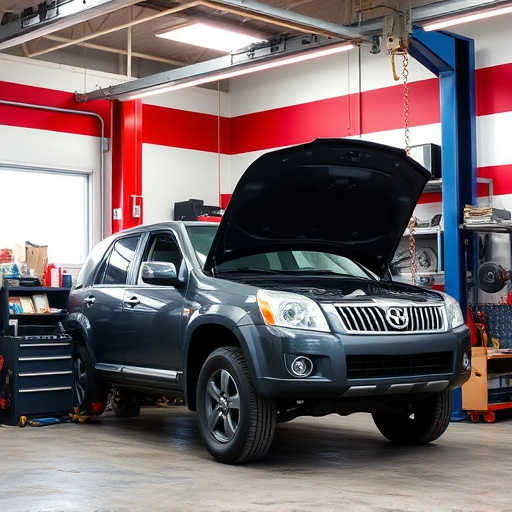
In the competitive automotive industry, where customer satisfaction is paramount, real-time quality control plays a pivotal role in maintaining consistent excellence. Certified collision repair facilities stand as beacons of quality assurance, driven by rigorous standards and ongoing training. These facilities are not merely workshops; they are centers of expertise dedicated to restoring vehicles to their pre-incident condition, if not enhancing them with modern features. The collision repair certification process acts as a filter, ensuring that only skilled professionals equipped with the latest techniques and technologies operate on cars, be it a classic Mercedes-Benz repair or intricate car bodywork restoration.
This certification is more than a simple accreditation; it’s a commitment to adhering to stringent industry guidelines. It empowers customers to trust that their vehicles are in capable hands, subject to regular audits and updates to keep up with evolving safety and quality standards. Whether dealing with complex damage or meticulous detail work, certified facilities maintain a high bar for collision repair services, ensuring every car leaves the shop not just repaired but also meeting or exceeding original specifications.
Real-time quality control (QC) is a game-changer for certified collision repair facilities, ensuring consistent and high-quality work. By implementing efficient QC processes, these facilities can achieve remarkable results, maintain customer satisfaction, and stay ahead in the competitive collision repair industry. This article has explored the significance of understanding specific metrics, adopting streamlined processes, and leveraging certification to guarantee excellence in every repair, ultimately fostering trust among customers and upholding the reputation of the industry as a whole. With proper QC strategies in place, certified collision repair shops can deliver exceptional service that meets and exceeds expectations.
